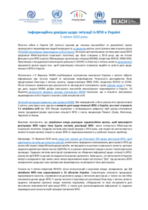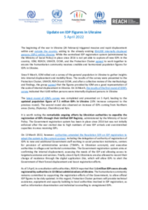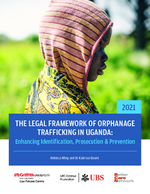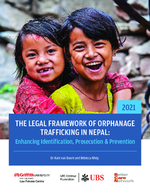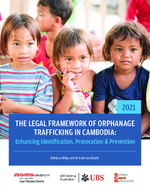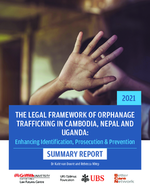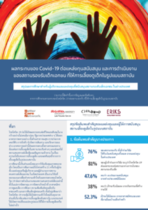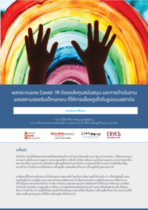Інформаційна довідка щодо ситуації із ВПО в Україні 5 квітня 2022 року
Останній раунд дослідження, яке провела МОМ, був завершений, а його результати презентовані 5 квітня, унаслідок чого вдалося оновити дані щодо кількості ВПО в Україні, яка нині становить 7,1 мільйона осіб (на 10% більше порівняно з попередньою цифрою). Цей раунд опитування також продемонстрував зростання кількості ВПО з числа мешканців Півночі (Суми, Житомир, Чернігів) та Києва.

